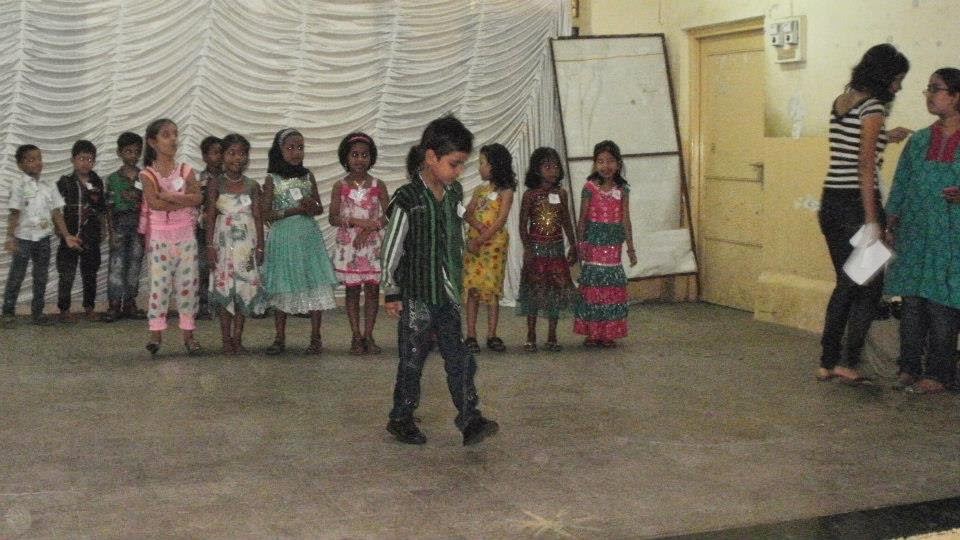A municipal success storyBy Ganesh N
Published: 11th November 2012 12:00 AM
Last Updated: 09th November 2012 11:54 AM
- The Mumbai Public School.
The precincts of the Gandhigram Road at Juhu on the western suburbs awash with the breezy air from the sea close by is known more for its glamour quotient. There are production houses, acting academies and five star hotels. The municipal school near the Iskon temple seems something of an oddity. At a time when municipal schools elsewhere in Mumbai are shutting down due to lack of enrollment, the school’s very existence in this neighbourhood is surprising.
Thanks to a group of committed local residents, the Mumbai Public School at Juhu is not just existing but thriving. It is also the only civic school in Mumbai which has seen an increase in enrollment. Five years ago Nagriksatta, an organisation of local residents of Juhu who had successfully got elected Mumbai’s first citizen corporator Adolf D’souza adopted the municipal school with an objective to improve its standard of education. “In 2008 the students strength was 180, this year it has increased to 600,” said a beaming Sherley Singh, president of the NGO. The children hail from the slum pockets in the vicinity and had it not been for the local residents the school too would have shut down due to lack of students.
Why are the efforts of Nagriksatta remarkable? The Mumbai Municipal Corporation spends `2,500 crore (25 billion) annually for 4.5 lakh students in 1,331 schools. The cost per student works out to `55,000 annually. However, for this huge expenses of public money the output is quite discouraging with the civic schools having highest drop out rate of students. Barely 10 per cent of the students go to Class eight of the secondary section and even lesser number clear the matriculation exams. Studies in the past have revealed that though the civic teachers are well paid they have zero accountability towards improving the performance of the students. This motley group of people have achieved what the well paid bureaucrats and highly placed politicians have failed.
Though it would have been otherwise difficult for Nagriksatta to adopt the school, then corporator D’Souza made all the difference. The civic education gave into his demand for the NGO to adopt this English medium school.
However, the civic school had one major impediment. Unlike other children, those hailing from poor economic background do not enroll for pre-school and directly start from Class one as there are no kindergarten in civic schools. Compared to Class one of private school where the teachers handle pre-school trained students who are not just acquainted in identifying the alphabets but are also able to read and write small words, at the civic schools it starts from scratch. As 80 per cent of the civic education budget is towards salary of teaching and non-teaching staff, not much filter to the welfare of students.
“We realised that pre-school education was key to maintaining good standards and entirely took upon the task of establishing and running the pre-school. Besides the pre-school we also focussed our attention on primary section,” said Singh. The NGO roped in volunteer teachers who assist the regular teachers. Attention is also given to hygiene. NGO also got donors for providing food round the year to the students. For the year 2012-13, the NGO has chalked an expense of `8,55,00 which has been entirely met by donations from organisations and groups.















